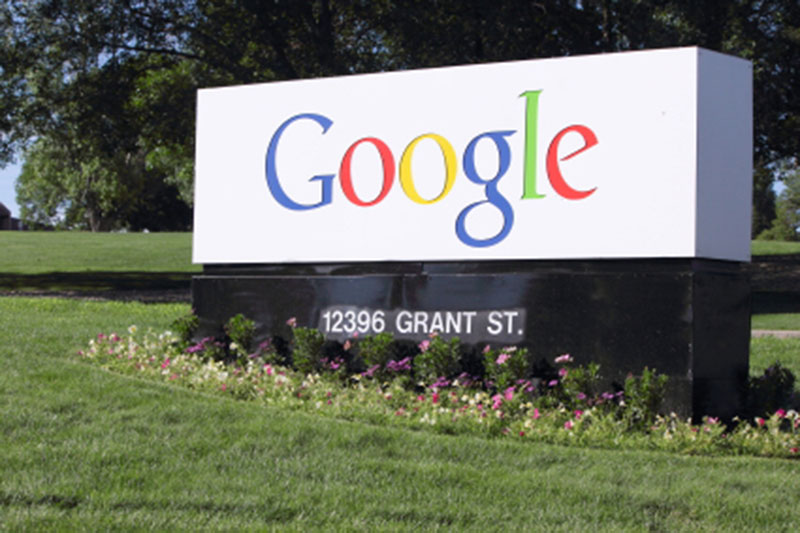By Tom Bergin
LONDON (Reuters) - New international tax rules proposed on Tuesday could eliminate structures that have allowed companies such as Google Inc (O:GOOGL) and Amazon.com Inc (O:AMZN) to shave billions of dollars off their tax bills.
The Organisation for Economic Cooperation and Development (OECD) announced a series of measures that, if implemented by members, could stop companies from employing many commonly-used practices to shift profits into tax havens.
Corporate tax avoidance has become a hot political topic following media coverage and parliamentary investigations into the arrangements many big companies use to cut tax bills.
Amazon and Google say they pay all the taxes they should. Analysts say competitive pressures force companies to seek to minimize all costs, including tax.
Last year, the Group of 20 leading economies asked the OECD to develop an action plan to tackle the problem.
Big U.S. technology companies could be those most affected by the OECD's plans but others could also be hit, including pharmaceuticals and branded consumer goods firms, as well as many European companies.
Chris Morgan, Head of Tax Policy at accountants KPMG in London, said the proposals were "balanced" and while some firms would pay more tax, big business accepted the need for change.
Anti-poverty charity ActionAid criticized the plans saying some of the measures envisaged would be too expensive for developing countries to implement.
The draft proposals announced have been agreed by all G20 members and OECD members, which include most major industrialized countries, the OECD said in a statement.
But the measures form part of a larger "(tax) base erosion and profit shifting" program that will conclude next year. Only then will countries look at enshrining the results of the program in law.
TREATY MISUSE
For more than 50 years, the OECD's work on international taxation has been focused on ensuring companies are not taxed twice on the same profits. The fear was that this would hamper trade and limit global growth.
Over the years, the OECD has formulated a standardized model tax treaty which allows countries to split taxation rights and avoid double taxation, partly by providing reliefs from measures intended to stop tax avoidance, such as withholding taxes.
But companies have been using such treaties to ensure profits are not taxed anywhere.
For example, search giant Google takes advantage of tax treaties to channel more than $8 billion in untaxed profits out of Europe and Asia each year and into a subsidiary that is tax resident in Bermuda, which has no income tax.
Google Executive Chairman Eric Schmidt has said changes to rules that increase its tax bill would hit innovation.
The OECD's proposals would make amendments to its model treaty so that cross-border transactions would not benefit from the reliefs in tax treaties, if a principal reason for engaging in the transactions was to avoid tax.
"We are putting an end to double non-taxation," OECD head of tax Pascal Saint-Amans said in a call with reporters.
The think tank, which also advises members on economic policy, also wants curbs on how much profit companies can report in centralized intra-company lending and purchasing arms, which are often based in tax havens.
Where such subsidiaries generate large profits on the back of intra-company trade, the OECD said the profits should be shared across the group.
This could hit UK telecoms provider Vodafone Group Plc (L:VOD), which has a Luxembourg subsidiary that buys telephone equipment for the group.
Vodafone Procurement Company's 200 staff generated profits of more than 400 million euros ($518.5 million) last year, making it one of the group's smallest but most profitable divisions. An unusual Luxembourg tax rule allowed the subsidiary to pay no tax on that profit.
Vodafone said businesses across Europe already benefited from savings achieved by the Luxembourg operation and that it did not expect a significant impact on its business from the OECD measures.
TAX RESIDENCE
The OECD has also proposed changes in the rules on tax residence that allow U.S. tech giants to generate billions of dollars in sales in many countries but not have those revenues assessed for tax by those countries' tax authorities.
A long-standing rule that allows a company to operate a warehouse in a country without creating a tax residence there should be reconsidered, the OECD said.
This would potentially hit Internet retailer Amazon as the warehouse exclusion allowed Amazon to channel 15 billion euros last year in European sales to a subsidiary in Luxembourg, where it can build up profits tax free.
A raft of companies which sell online including Apple Inc's iTunes service, software provider Adobe Systems Inc. (O:ADBE) and e-commerce group eBay Inc. (O:EBAY) could also be forced to report revenues in the countries where they are generated, if the OECD's proposal that having a "significant digital presence" in a country would also create a tax residence.
A Reuters investigation last year found that three quarters of the 50 biggest U.S. technology companies channeled revenues from European sales into low tax jurisdictions such as Ireland and Switzerland, rather than reporting them nationally.
The companies all say they comply with tax rules in all the countries where they operate.
Anton Hume, Global Head of Transfer Pricing at accountants BDO, said the measures could prompt companies to change their structures and move jobs out of tax havens: "It may mean that a lot of activities are onshored again."
However, Ireland's jobs and enterprise minister, Richard Bruton, said his country would not lose out.

"As countries move away from other tax haven situations, a good country with a very clear, certain, regime like Ireland can stand to gain," he said.
(Editing by Jane Merriman and David Clarke)
